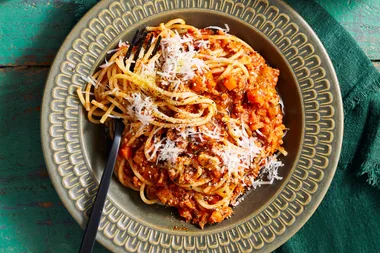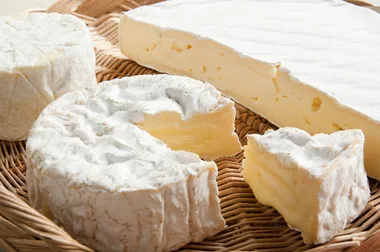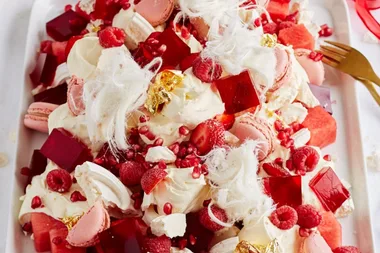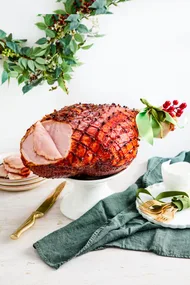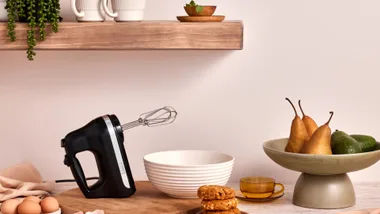Ever opened your cupboard mid-cooking venture to discover you don’t have the vinegar you need? Fear not.
WATCH: Honey-glazed half leg of ham with vinegar-glazed vegetables
In most recipes, you can substitute one type of vinegar for another. However, it’s always important to consider the vinegar’s attributes before using one variety to replace another.
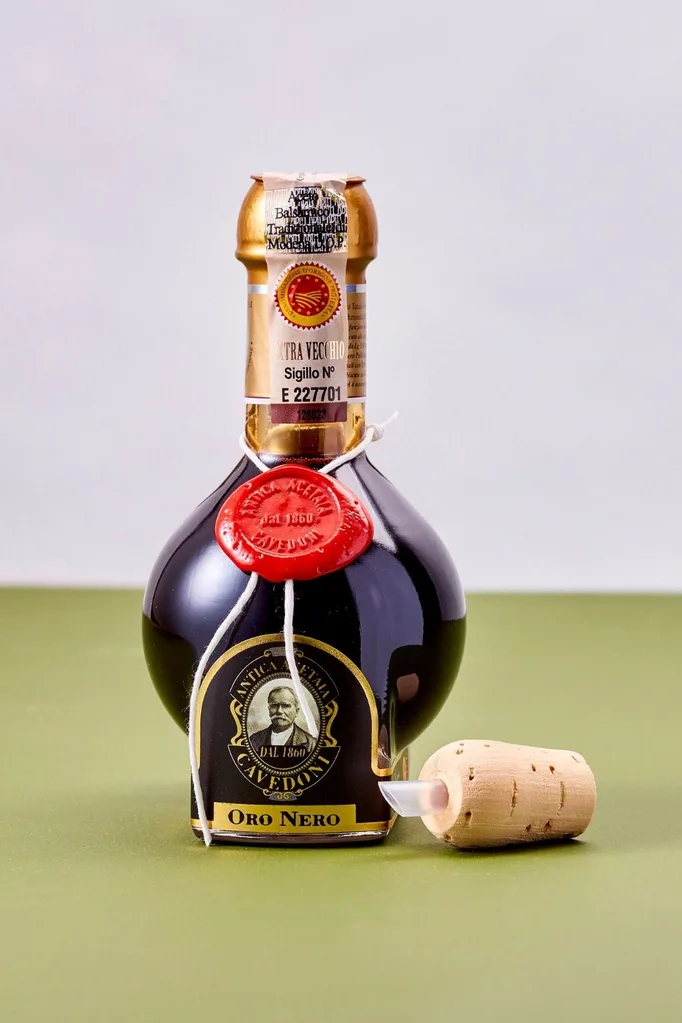
- Cider vinegar is mild with a slight apple flavour. It is the most versatile vinegar and makes a good substitute for almost any other.
- White vinegar is sour and harsh – so keep in mind that it may overpower delicate flavours.
- Fruit vinegars are usually mild and slightly sweet. They pair well with salads and chicken.
- Herb vinegars, infused with fresh herbs, are savory but subtle. Consider the herb that flavours the vinegar – would you use that particular herb in your recipe? If so, herb vinegar is a good choice.
- Malt vinegar is mild and sweet. When substituting malt vinegar for a stronger variety, you may want to add a bit more than what’s called for in the recipe.
- Rice vinegar is the sweetest, most delicate vinegar. It is best for only the most delicate dishes.
- Wine vinegars – available in both white and red – taste rich and fruity. They make flavourful substitutions in most applications, but be careful not to use red wine vinegar in dishes that contain pale, light ingredients, as it may discolour them.
- Balsamic vinegar is often used sparingly to add mellow sweetness to Mediterranean foods. This is a specialty vinegar best used in recipes that call for it specifically.
This article originally appeared on www.bhg.com
You might also like
Does vinegar really kill germs?
These are the 6 best substitutes for vegetable oil

